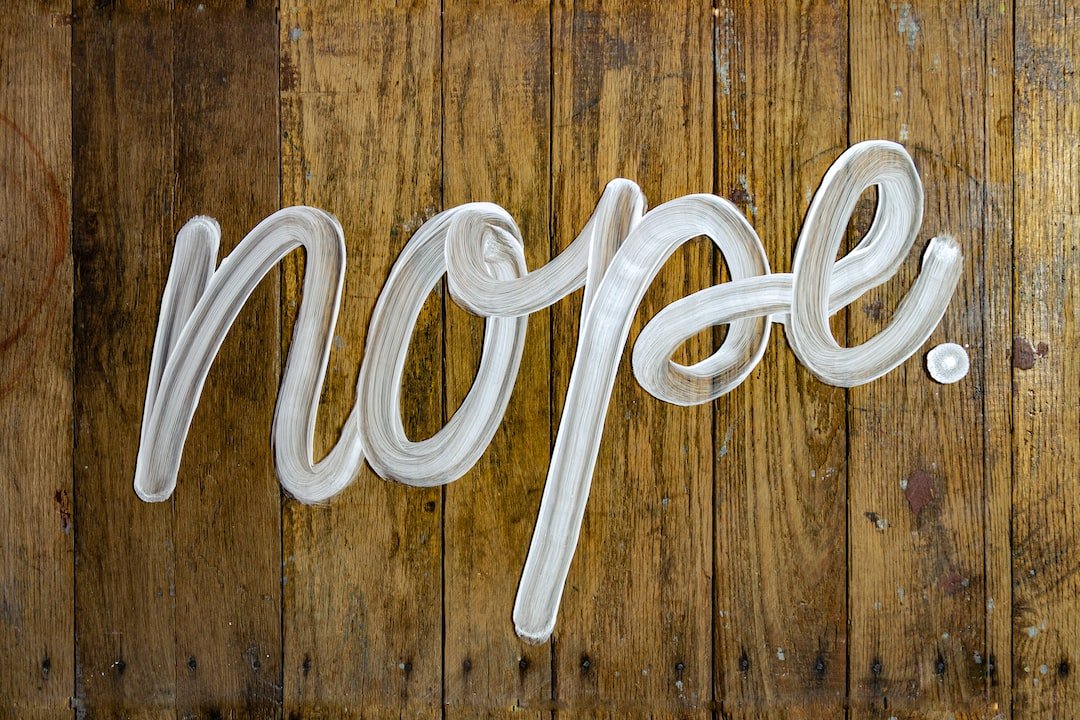Over the last few years I have grappled with the size and scope of my digital footprint. I had more than a few “Nate, you’re better than this” moments while reading two books in particular. No Filter by Bloomberg writer Sarah Frier, got me off of Instagram and now I avoid the entire Facebook Suite of apps. Although, leaving WhatsApp while living overseas is nearly impossible because of how integrated it is into commerce here and because family back home seem disinclined to learn how to navigate Signal.
Frier came on the podcast and I found the truthpaste she squeezed undeniable. Her book and our conversation came down to three key points:
Algorithmic social media gives us each our own version of “the truth”, feeding our egos, biases, and prejudices;
This is contributing to political polarization and escalating political violence, undermining our democracy and fraying the fabric of our society;
We have no idea what the long-term implications of any of this are—it is unprecedented in human history—but all seems quite bad.
A fourth point that I walked away from our conversation realizing is that our continued use of these platforms makes us complicit in the societal havoc they wreak.
A little later, I read The Age of Surveillance Capitalism by Shoshana Zuboff. She built on Frier’s ideas as part of a larger critique of post-industrial, late-stage capitalism. While Frier’s book was largely about the societal harm that algorithmic social media heaps upon us, Zuboff leaned into privacy violations and how our data is sold by and to some of the worst among us. I was struck repeatedly by the idea there’s a whole segment of bad actors who produce nothing, but make billions serving up data on our private comms, movements, and purchases to the highest bidder.
It was after finishing Zuboff’s book that I left Twitter for the first time. It was after Elon Musk’s purchase of the platform that I left for good and started writing this newsletter.
Defenders of Musk say he’s a champion of free speech but that claim doesn’t stand up under scruitiny. Musk’s vision of free speech is a limited one. He doesn’t mean the freedom to criticize him—that can get you banned or your verification revoked. He doesn’t mean the freedom to build competing platforms—that can get your API access revoked. He doesn’t mean the ability to organize online anti-fascist networks—that can get you exiled to Mastodon. He, like many on the online right, see free speech as a one way street—a guarantee they and people they like can say whatever troll-y nonsense they want no matter how racist, vile, or bigoted it is.
It’s these issues of free speech and platform choice that I want to center today.
I chose to write on Substack because I didn’t want to be on a platform that I felt was a Nazi Bar. I wouldn't go to a bar that knowingly served Nazis. I wouldn’t go to a church that knowingly welcomed Nazis. I wouldn’t work at a school that knowingly hired Nazis. This made the decision to leave Twitter and write here an easy one.
But this week Substack introduced their Notes feature and… oh, boy.
Substack pre-Notes was a business product. They, the service provider, distribute the newsletter. I, the writer, am responsible for the content. If you, the customer, find my takes unacceptable, you can unsub.
But Notes is different; it is a Twitter clone, another network with an algorithmic timeline. With that comes the need for robust content moderation. I get this. You probably get this but somehow the folks at Substack don’t.
This week in an interview with the Verge, Substack co-founder & CEO Chris Best fell all over himself trying to answer very basic questions about what kind of content they’d allow on Notes.
The question “hypothetically, can someone promote genocide on your platform?” shouldn’t be a hard one, but for Best (and too many tech bros) it is.
I found this really disappointing. This week, a handful of subscribers asked if I will be using Notes. My answer is “nope.” I am not excited about the Notes product. Most of you read the newsletter in your email inbox, the old fashioned way (I get great data on this). You all don’t generally use the Substack app and I don’t plan on using Notes until they can prove it won’t be a Nazi Bar.
One way of reading all of this is that “Nate’s just fragile” and is seeking or creating bubbles or safe spaces. That framing is juvenile AF. It’s not about fragility, it is about being discerning with the company you keep and places you give your time and business.

